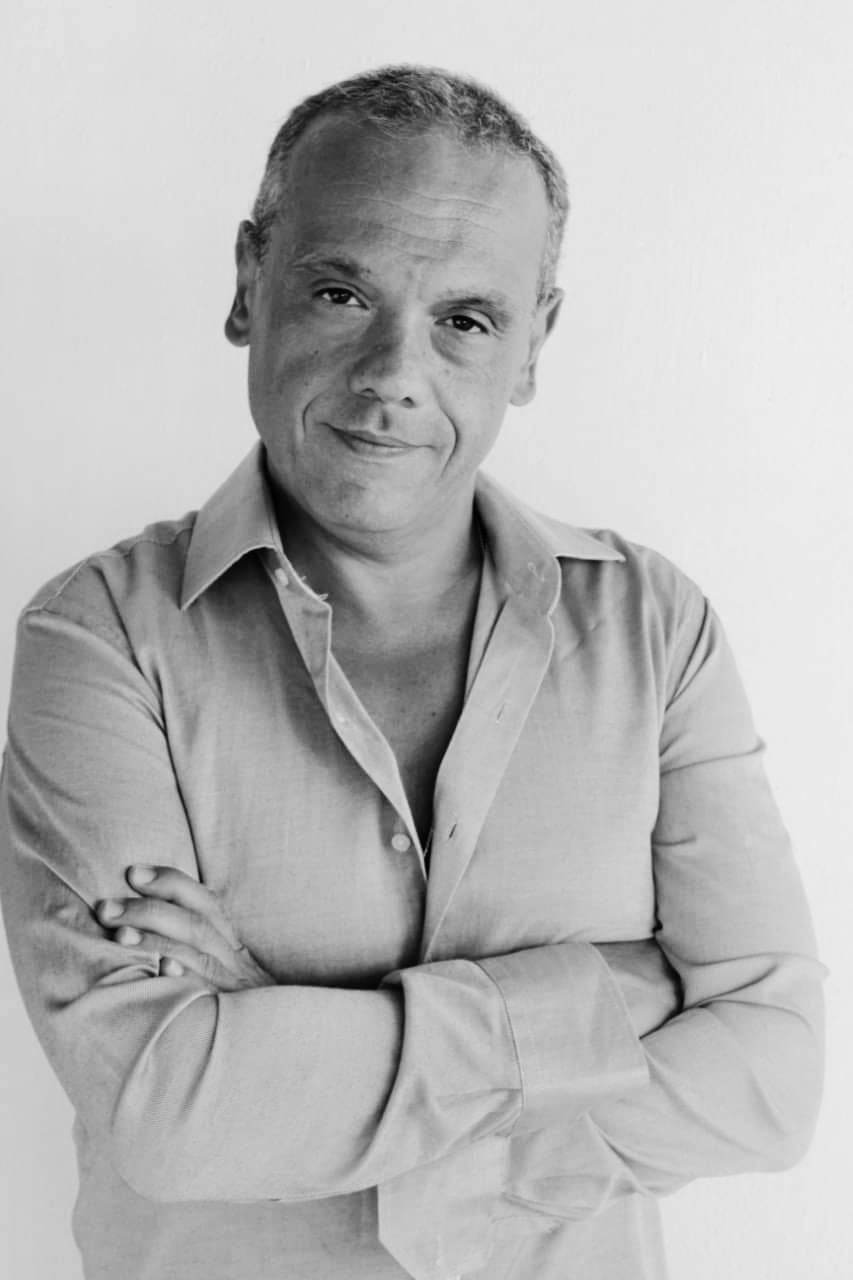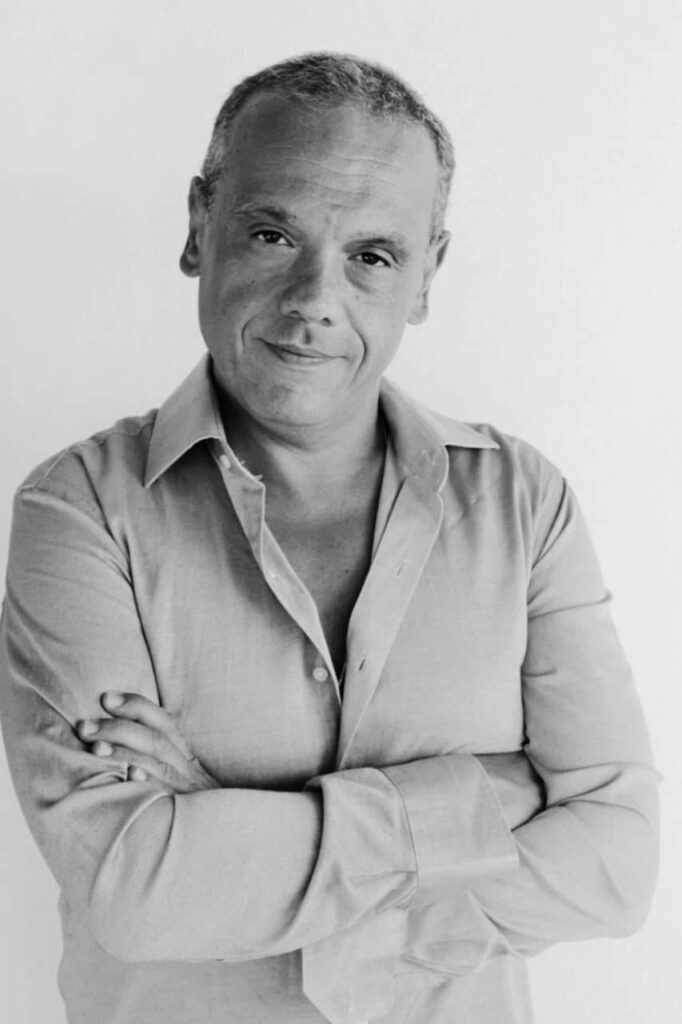
–Who is Eduardo Cocciardo?
Eduardo Cocciardo is a writer, director, actor, and teacher born on the island of Ischia, in the province of Naples, in 1975. He has been passionate about writing and acting since he was a child. He approaches the cinema for fun, trying to make his first short films at home, mostly inspired by his adolescent tales of terror. It is the university experience in Siena, at the Faculty of Modern Literature, Music and Entertainment, that brings him professionally closer to the theater, which from that moment on will become a faithful travel companion. In 2005 his first publication arrives, an essay dedicated to the genius of Massimo Troisi, L’applauso interrotto – Poesia e Periferia nell’opera di Massimo Troisi (Non Solo Parole edizioni), partly inspired by his university thesis. Later on, Cocciardo published four novels: Alice Fuori dal Paese (Non Solo Parole Edizioni, 2007), Neve Bianca (Albatros – Il Filo, 2010), Gli Alfabeti della Morte (Edizioni Arpeggio Libero, 2016), La Rosa di Gerico, viaggio alla fine del Tempo (Edizioni Arpeggio Libero, 2022). Recently, in addition to teaching literature and acting, he has decided to devote himself almost entirely to cinema: after a successful horror comedy trilogy, made up of the short movies La Mezzanotte Bianca, La Mezzanotte Rossa and La Mezzanotte Blu – the latter selected for the Short Film Corner of the Cannes Film Festival 2018, he returned to feature film – after Assemblé, filmed in Arezzo in 2006 – with The Offline, a completely independent work that received a lot of awards at some of the most prestigious international festivals, and was included in important streaming platforms such as Chili and Indiecinema.
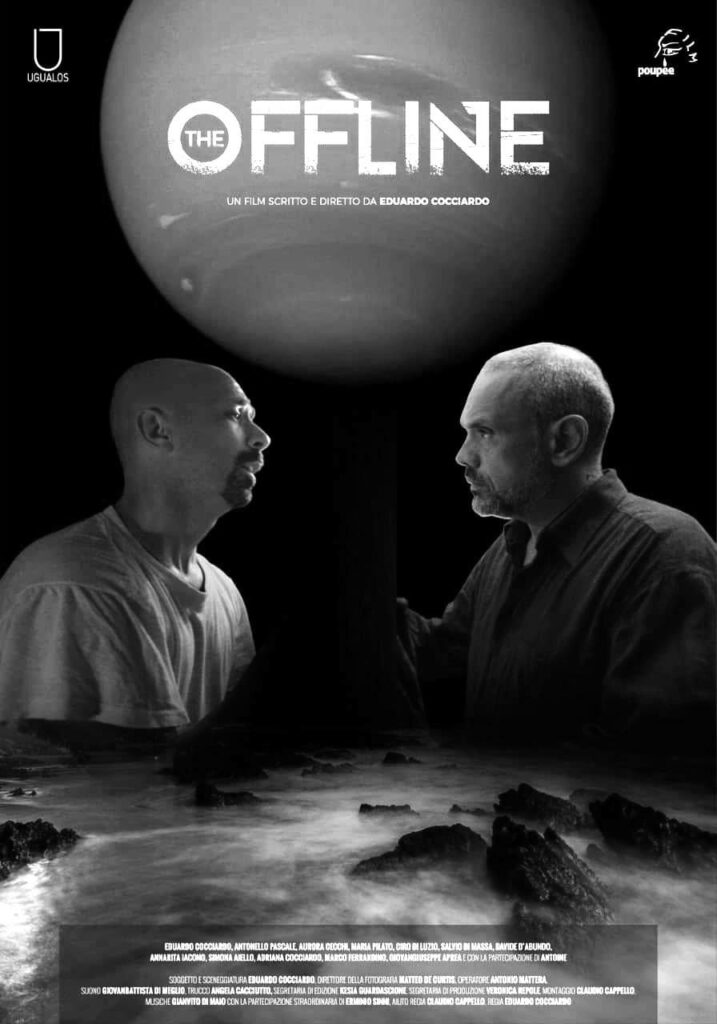
-What inspired you to become a filmmaker?
Obviously, becoming a filmmaker was the dream I had as a child. Over the years, however, my dream became bigger: I wanted to extend the capabilities of writing beyond the limits of paper. I saw in the cinema an expansion of writing, not so much in a strictly productive sense, because it is undeniable that, with the costs of a film, it is much easier to free the imagination in a narrative elaboration, but rather in the possibility of sharing my imagery with others, first with the crew, and then with the audience. Today I can provocatively say that when I write a story, I work on the film that it will never become, and when I make a film, I work on the story that never was. The artistic goal is the perfect interconnection between these two levels, writing and cinematographic vision, where theatre has also to be included.
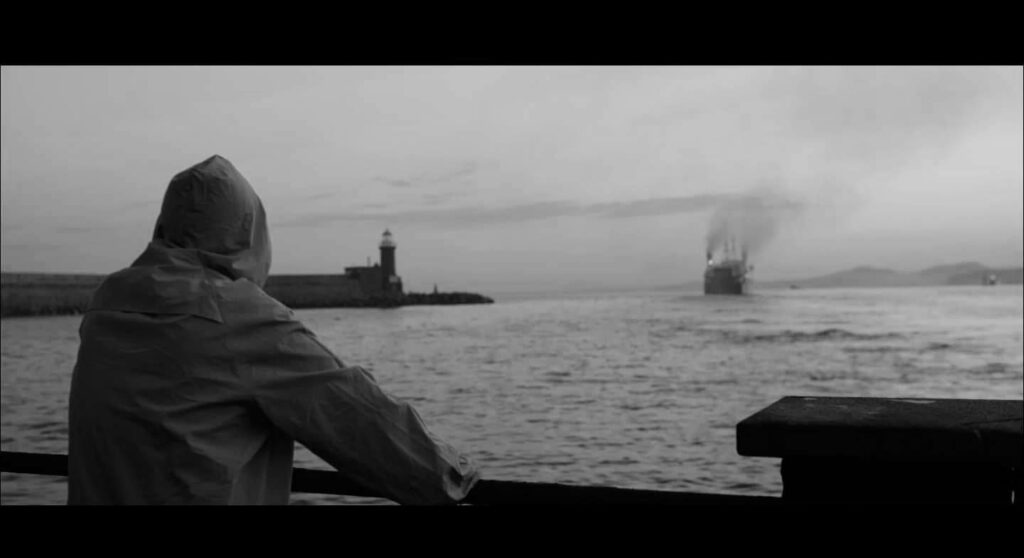
-Do you think the cinema can bring a change in the society?
Unfortunately, today we are living in one of the lowest cultural phases in the history, especially in my country. Compared to the past, the possibilities that a piece, either cinematographic or theatrical, can influence the socio-political fabric, are truly reduced to a minimum. However, it is the duty of filmmakers from all over the world to continue to believe in it, otherwise the very meaning of making cinema would be irreparably lost. Independent works, by their very nature, have always fought for a change in reality, and have often pushed language beyond its limits, allowing cinema to experiment and renew itself. Therefore, independent productions have a duty to continue to analyze contemporary reality in the most authentic way, trying at all costs, with festivals, platforms, theaters, and even with private screenings, to reach the hearts of viewers.
–What would you change in the world?
What would I change in the world? A lot of things. Starting with the fact that the power of a few is considered now democracy.
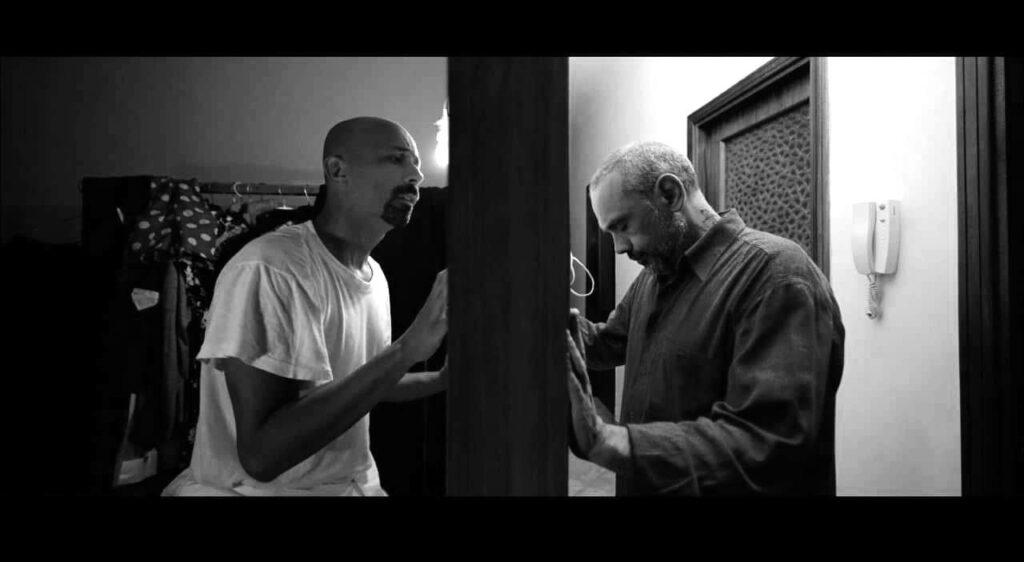
-Where do you see the film industry going in the next 100 years?
The risk that in the next hundred years the film industry will turn almost exclusively to virtual and extremely conventional products is real. The greatest danger, in my opinion, is a total flattening of the narrative, which could end up telling always the usual two or three stories remodeled on occasion, something that it’s already happening. I repeat that the only way to fight this risk is to give maximum prominence to the authenticity of independent cinema, and finding new market solutions at the same time.
